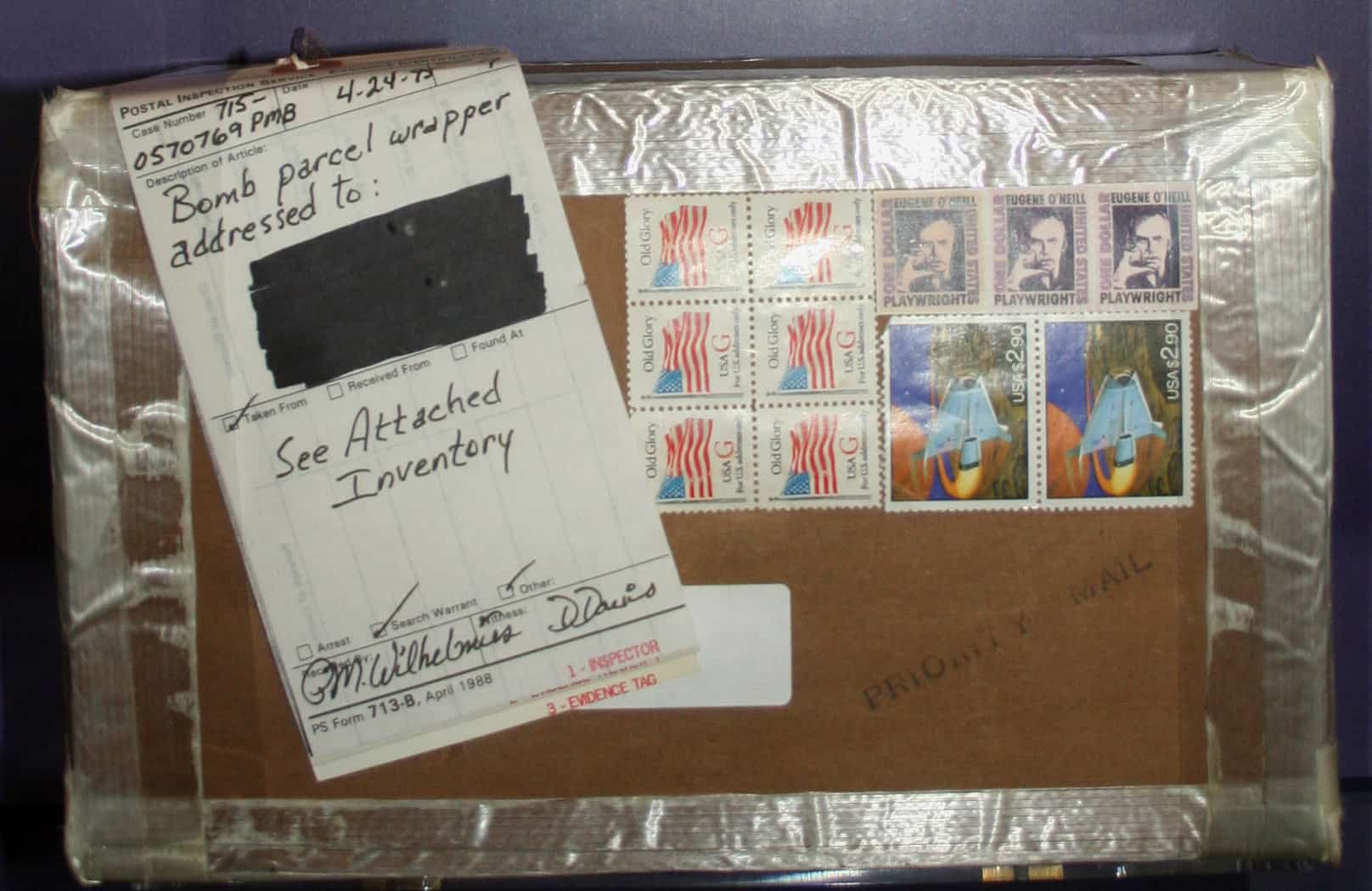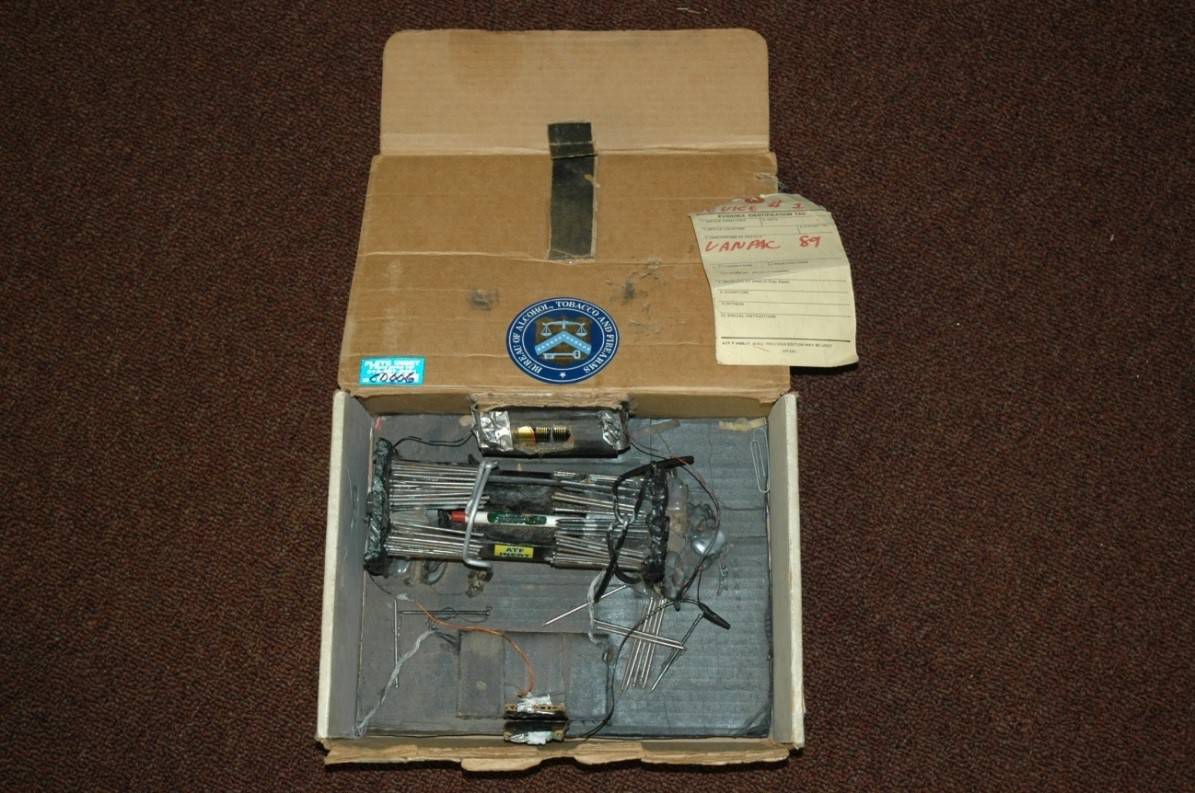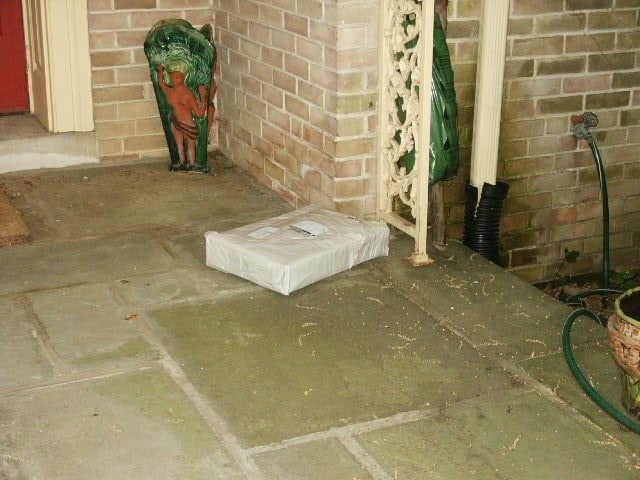
By John F. Muffler
Recently, more than a dozen pipe bombs were delivered across the country to prominent public figures at their homes and workplaces. Although none went to judges, there is always a risk to you, your loved ones, and staff from the devious and the disgruntled due to the nature of your position.
12 warning signs of a potentially dangerous parcel
- Excessive postage
- Handwritten or poorly typed addresses
- Misspellings of common words/names
- Inappropriate or unusual labeling
- Not addressed to a specific person
- Discoloration, odor or oily stains
- No return address
- Addressed “Personal,” “Confidential” or “Do Not X-Ray”
- Postmark from a city or state that does not match the return address
- The appearance of a powdery substance detected on or through the package
- Excessive packaging material such as masking tape, string, etc.
- Ticking sounds, protruding wires, or aluminum foil.
If you encounter a package like this:
- Do not touch it. Back away.
- Notify family and/or staff.
- Call security/police immediately
- Isolate it as soon as you can, and activate your emergency plan.
A brief history of judicial attacks by delivery

A replica of the bomb mailed to Judge Vance and on display at the Federal Law enforcmeent Training Center. Photo taken by John F Muffler.
Bomb technicians today are still trained on the December 1989 mail-bomb assassination of Judge Robert S. Vance, U.S. Court of Appeals for the 11th Circuit.
Vance’s assassin, Walter Leroy Moody, disguised the return address as someone he would have known, thereby creating a premise of familiarity, a gift. When he opened the package in his kitchen, a bomb detonated, killing him instantly and severely injuring his wife. Moody would later be convicted for this murder and three other bombs he mailed to prominent people. He was executed in April 2018 for his crimes.
It was only a few years ago that I responded to an emergency call from one of my judges – whom I will call Judge Smith for privacy purposes – that an unexpected and suspicious package (later determined not to be a bomb) was on the doorstep of his residence. After bomb technicians rendered the scene safe, one said to me, “It’s a shame Judge Vance didn’t take the same precautions as this judge.”

The unexpected and suspicious package received at the home of Judge Smith. Photo taken by John F Muffler
I’ve never forgotten that comment. It was clear to me that Judge Smith learned from Vance’s assassination and had a plan in place.
I had the privilege to interview an NJC alum, Maryland Circuit Court Judge Jack Corderman, about his mail-bomb assassination attempt for a workplace safety video for judges, Project 365: Security Starts with You.
Corderman’s package, coincidentally delivered one week after Vance’s (no connection), was a Christmas present disguised as a sausage and cheese gift box. It, too, was addressed from a personal friend. When he opened his “gift” inside his home, three of four pipe bombs detonated, nearly killing him. He would tell me some 20 years later, with tears in his eyes, “But by the grace of God, I survived.”
My last example is not about a bomb but a box of chocolates.
U.S. District Court Judge Charles Brieant came home from work one day to find his wife passed out from poisoned chocolates. They nearly killed her.
It was near Valentine’s Day, and she assumed the delivered chocolates were from friends, as the card was addressed from them. DNA tests would prove that a former litigant, John Buettner-Janusch, whom the judge had convicted some years earlier, was the Brieants’ would-be assassin. He would send similar boxes to former colleagues, poisoning them also. His motive was vengeance related to his court case.

The Hon. Mary-Margaret Anderson (Ret.), a retired administrative law judge with the California Office of Ad...

Happy October, Gaveliers faithful. Are you loving this or what? No one believed a team made up of judges...


Hon. Diane J. Humetewa, the first Native American woman and the first enrolled tribal member to serve as a ...

Retired Massachusetts Chief Justice Margaret H. Marshall has been selected as the 2024 winner of the presti...
